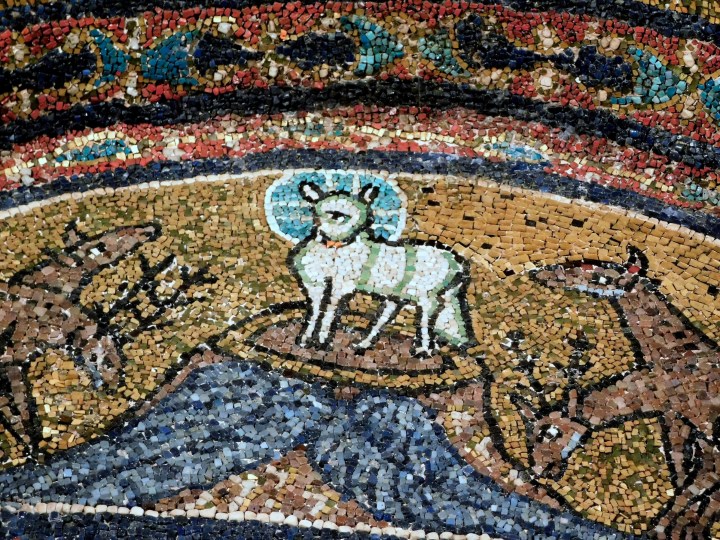1 A word of introduction
Jesus used parables to express something very profound. He took examples from everyday life so that people could best understand the meaning of the parables. His parables are timeless and very relevant today.
2 Key words
“What man among you having a hundred sheep and losing one of them would not leave the ninety-nine in the desert and go after the lost one until he finds it?”
Every person is important to God, especially the one who has gone astray, the one who is far away. God leaves ninety-nine people who don’t need help, and looks for one sinner. This is not just a story from centuries ago. It also happens today, and in the places where we live.
“And when he does find it, he sets it on his shoulders with great joy and, upon his arrival home, he calls together his friends and neighbors and says to them, ‘Rejoice with me because I have found my lost sheep.’”
When God finds a lost person, he doesn’t reprimand them, doesn’t reproach them for their mistakes, but “takes them with joy on his shoulders.” In this way they return home.
The beautiful image of the Good Shepherd is so poignant and beautiful that it was painted in places of prayer as early as the first centuries of Christianity, and it is still popular today. Perhaps that’s because each of us at some stage in our lives finds herself or himself in this image.

“In just the same way, I tell you, there will be rejoicing among the angels of God over one sinner who repents.”
This is the personalism of the Lord God, which carries over to the angels, and is an example for each of us. We should also look for even one single person who is lost, “take them on our shoulders with joy” and rejoice at their conversion to God.
3 Today
When did the Lord God find me and “take me joyfully on his shoulders” and bring me home? Do I care about any single person, or am I indifferent? What will I do today to go out and look for someone who is far from God?


